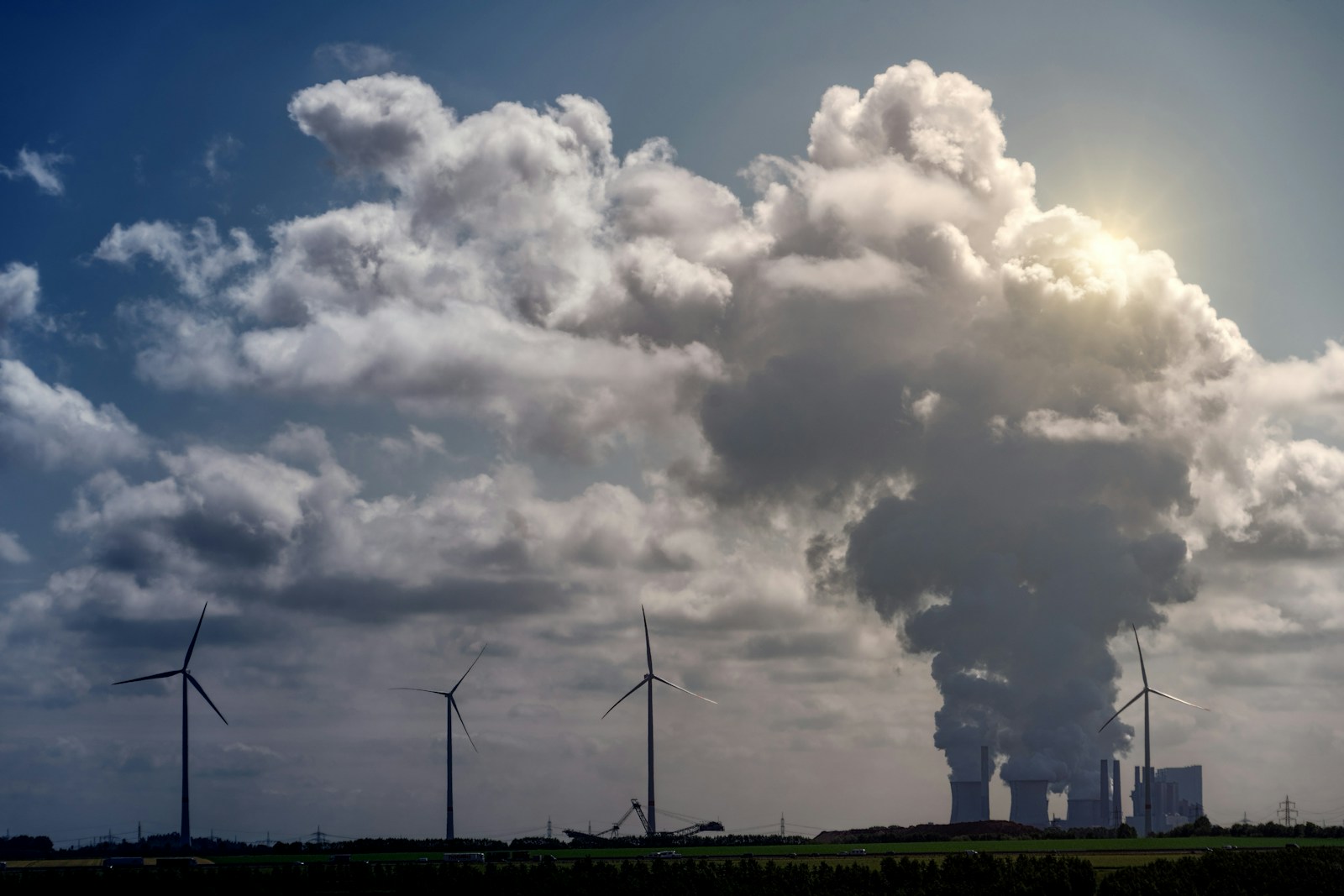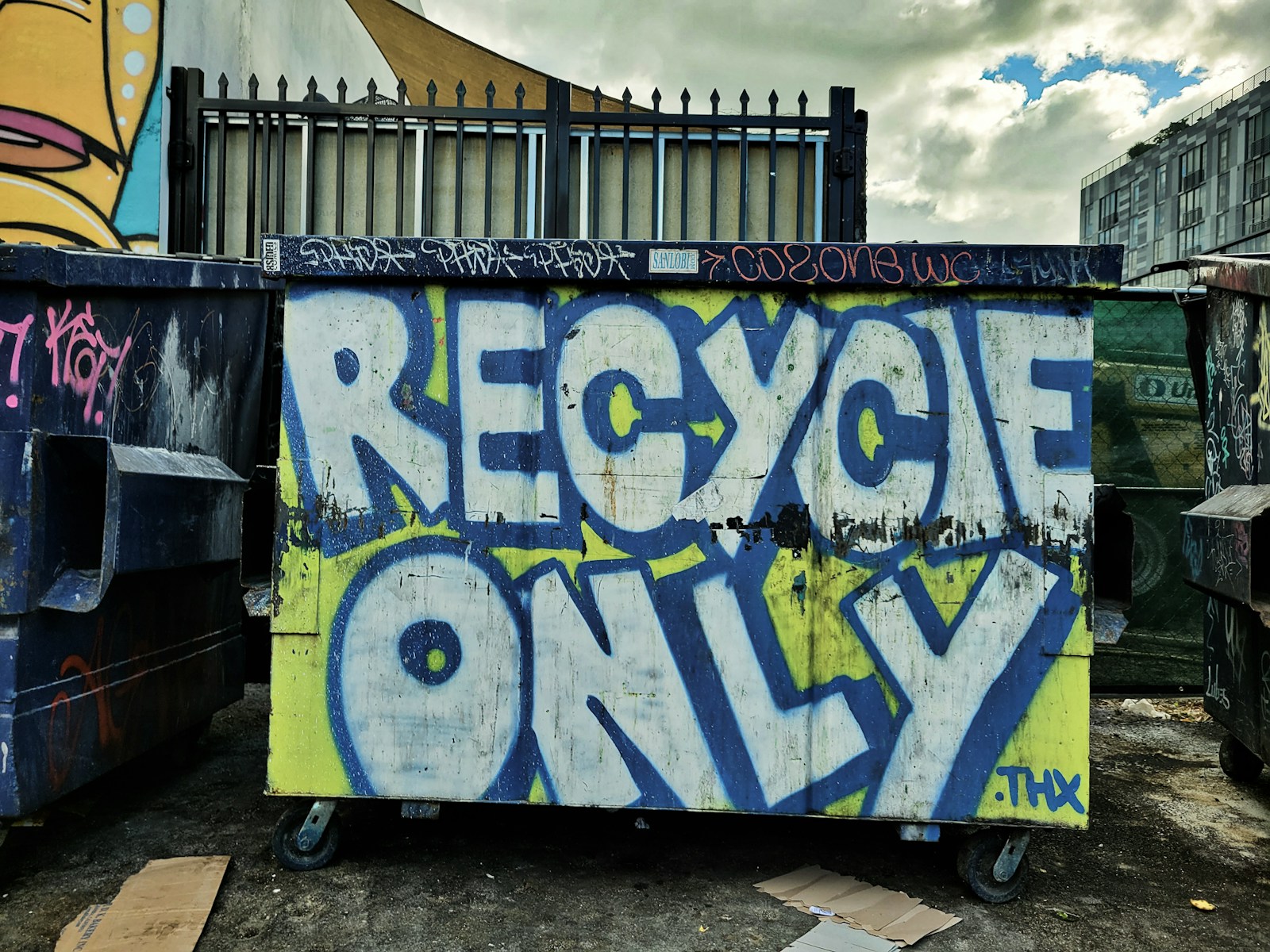The Dubai Agreement: Was COP28's 'Transition Away' a Landmark or a Letdown?

After weeks of tense negotiations, the 28th UN Climate Change conference (COP28) in Dubai concluded with a final agreement that, for the first time, explicitly addresses the primary driver of climate change: fossil fuels. The central clause of the "UAE Consensus" calls on nations to contribute to "transitioning away from fossil fuels in energy systems, in a just, orderly and equitable manner." The language was immediately hailed as "historic" by many diplomats and observers, a landmark moment in a three-decade-long process that had previously failed to name the problem. But as the dust settles, a more nuanced picture emerges. Was this the powerful, unambiguous signal the world needed, or a carefully worded compromise that offers more loopholes than solutions?
The significance of the text cannot be understated. Getting nearly 200 countries, including major oil and gas producers, to agree on language targeting fossil fuels is a monumental diplomatic achievement. The phrase "transitioning away" sends a powerful message to investors, policymakers, and industries worldwide that the trajectory is set. The era of unabated fossil fuel expansion is over. The agreement also included other crucial elements, such as a target to triple renewable energy capacity and double energy efficiency by 2030, and the operationalization of a "loss and damage" fund to help vulnerable nations cope with the unavoidable impacts of climate change. For those who have attended COPs for years, the progress felt tangible and hard-won.
However, the text is a product of compromise, and its weaknesses are as apparent as its strengths. The most glaring omission is the failure to call for a "phase-out" of fossil fuels, a much stronger term favored by a coalition of over 100 countries, including the European Union and many climate-vulnerable island states. "Transitioning away" is a vaguer, more flexible term that lacks a clear timeline. The agreement also recognizes that "transitional fuels," widely understood to mean natural gas, can play a role in "facilitating the energy transition," a clause that critics argue creates a massive loophole for the continued development of gas infrastructure.
Furthermore, the final agreement places significant emphasis on the role of carbon capture and storage (CCS) technologies, particularly for "hard-to-abate" sectors. While CCS may be necessary for industries like cement and steel, its inclusion is seen by many as a concession to fossil fuel interests, offering them a lifeline to continue operations under the premise that their emissions can be captured and stored. For many environmental groups and climate scientists, this reliance on unproven and expensive technology distracts from the primary goal of simply stopping the extraction and burning of fossil fuels in the first place.
The deal's success will ultimately be judged not by the words on the page, but by the actions countries take in the coming years. The Dubai agreement is not legally binding. It is a roadmap, a collective signal of intent. The next crucial step is for nations to translate this global consensus into ambitious, concrete national policies and updated Nationally Determined Contributions (NDCs). Will countries set firm phase-out dates for coal? Will they stop subsidizing fossil fuel production? Will the developed world provide the necessary finance to help developing nations make the transition?
COP28 was neither a complete failure nor an unqualified success. It was a messy, imperfect, and perhaps realistic step forward. It marks the first time the world has collectively acknowledged the need to move beyond oil, gas, and coal. That is a landmark. But the language is filled with compromises that could slow that transition to a dangerously lethargic pace. It is the beginning of the end for the fossil fuel era, but the length, cost, and justice of that ending are still very much in doubt.



